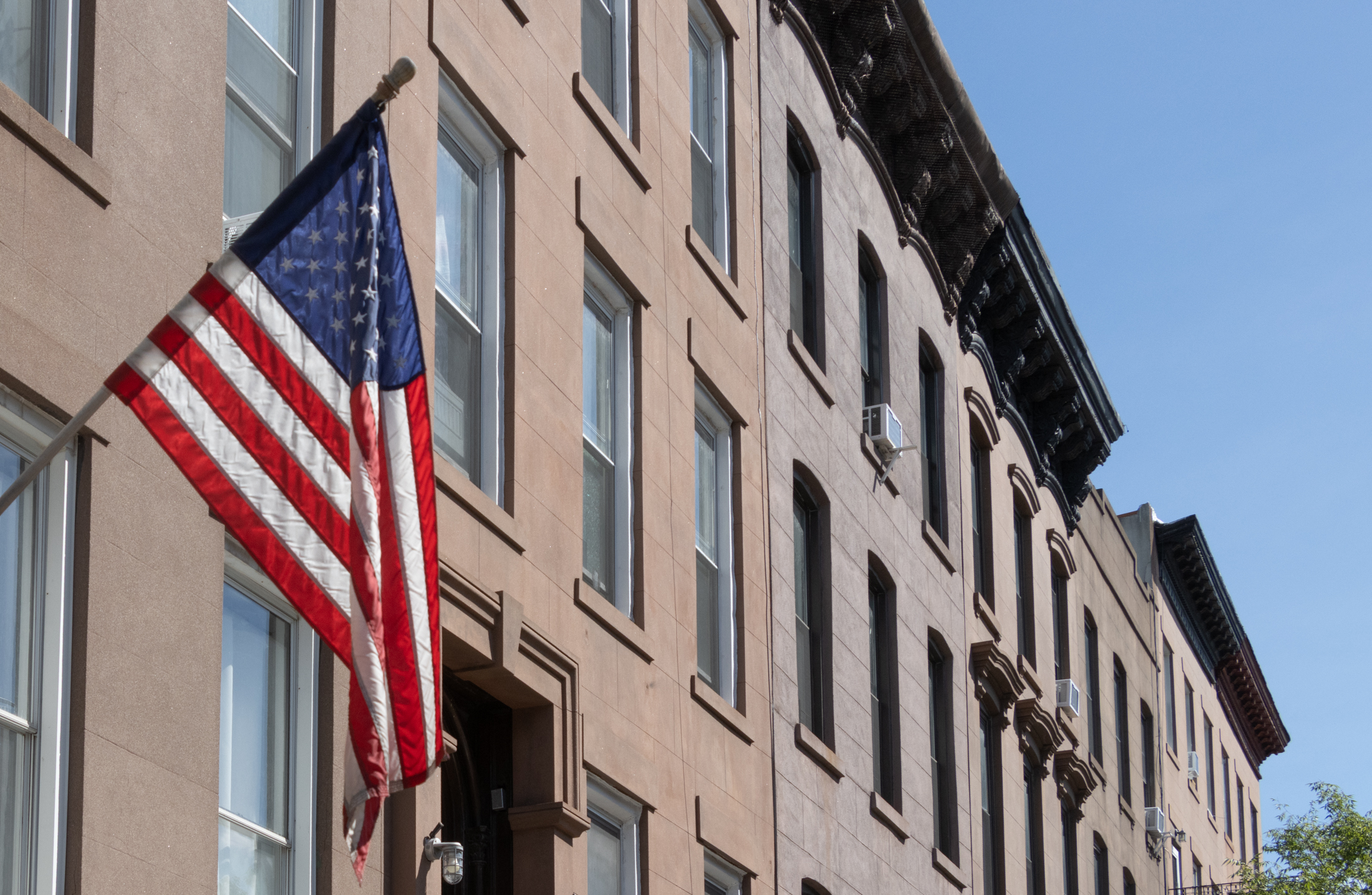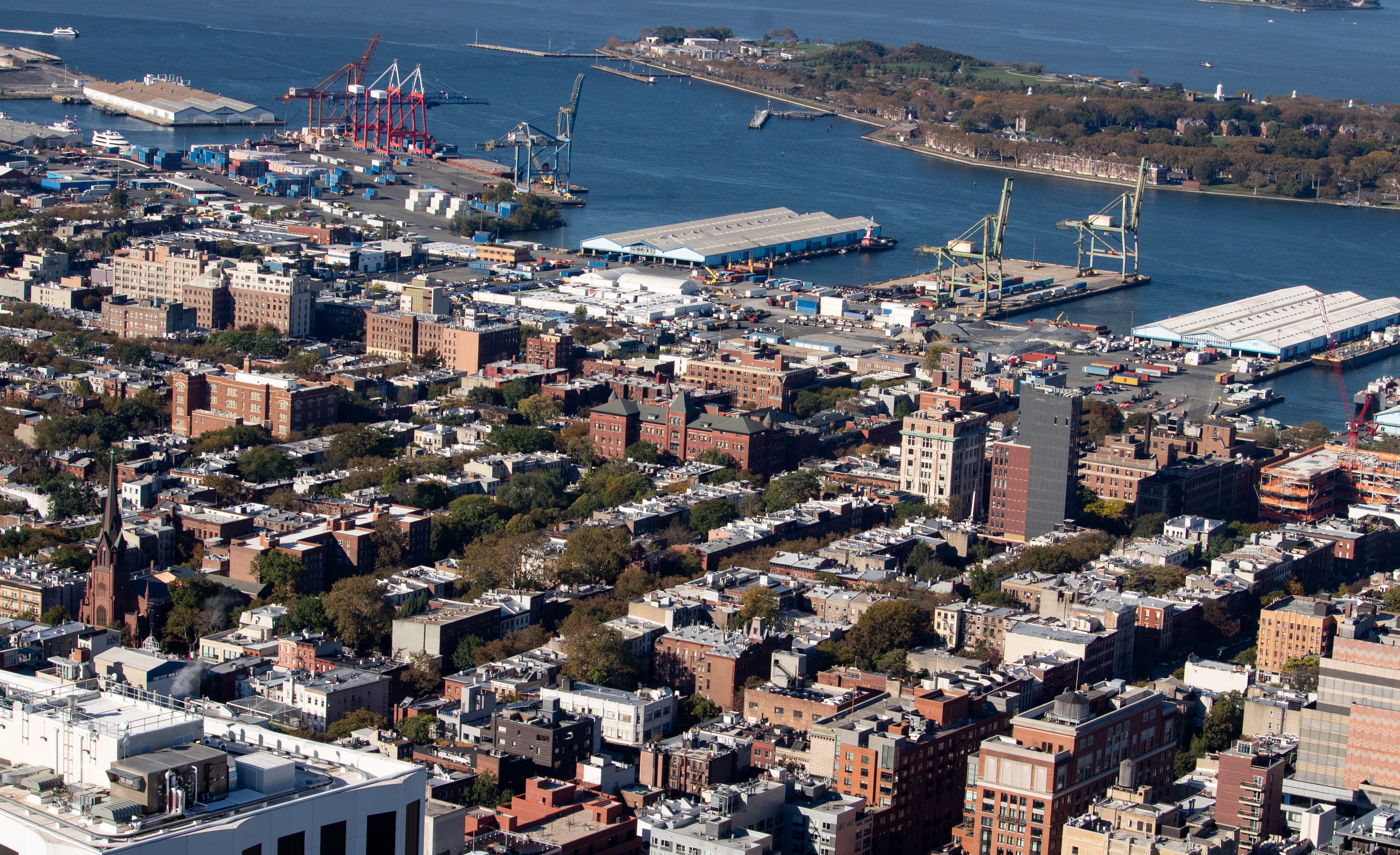Wall Street: Fed Not Doing Enough on Housing
Wall Street economists are starting to worry that Alan Greenspan is making a big mistake by not raising rates more aggressively to cool the booming housing market. “Act now and cut off the pinky, or wait till later and risk slicing off the entire hand,” economist David Rosenberg of Merrill Lynch & Co. said in…
Wall Street economists are starting to worry that Alan Greenspan is making a big mistake by not raising rates more aggressively to cool the booming housing market. “Act now and cut off the pinky, or wait till later and risk slicing off the entire hand,” economist David Rosenberg of Merrill Lynch & Co. said in an interview last week. “Either way it hurts, but you can still type with nine fingers.” Others agree: “There’s enough of a risk that the Fed should be preemptive,” Maury Harris, chief economist at UBS Securities LLC in Stamford, Connecticut. He recommends the Fed keep pushing up its short-term rate, now at 3.25 percent, until market forces raise mortgage rates as much as 0.75 percentage points.
Greenspan Housing View Hazardous [Bloomberg via Transfer]





Please people. Ain’t nobody going anywhere with that high Fed rate, lower demand thing. Everybody knows the Chinese got a lock on our T-Bonds and the rates that come with them. Plus, you’ve still got the 2nd and Third Year Street thugs slippin cash to Brooklyn sellers like they were one of them silicone bambinas at Scores. Just go and tell them they’re having a bad year. Rates or none, the fix is in and it’s tellin me to buy.
Besides, I’ve got more important things to think about, like a 70:1 filly in the fifth at Belmont.
The yield curve has been flattening but it will only be “inverted” when short-term rates are actually higher than long-term rates…
A slight corrections —
Greenspan called the persistence of low long-term rates, despite the Fed’s hikes, a “conundrum”, not a paradox.
As I understand it, the Fed has been raising short-term rates consistently, and this usually automatically leads to an increase in long-term rates. Over the last year, however, the increases in the short-term rate has had little to no effect on long-term rates. Greenspan commented on this a few months ago, calling it a “paradox.” Others call it an “inverted yield curve.”
There are all sorts of theories as to why long-term rates would be lower than short-term rates. I think the Fed is hoping that now that China has allowed its currency to float a little, the Fed will be able to influence the long-term rates more successfully.
yeah, leave the crack smoking on Classon Avenue to the rest of us
and anonymous 11:23 you know a hell of a lot more than I do or at least you talk a very good game…
I admit I don’t know hell of a lot about economics but hasn’t the fed been raising its rates for past year and has had no effect on long term rates.
Doesn’t the 30 year fixed mortgage rate follow the ‘market price’ fluctuations of the 10yr TNote.
And if the fed raises its rate too aggressively- isnt that supposed to ‘cool’ economy – and doesn’t that hold down long-term rates – like 10yr year TNote – and mortgage rates.
And when it lowers rate – fuels economy/inflation – long term rates often go up- and that increases the mortgage interest rates?
Yes, the feds increases have driven up home equity lines- which are short term rates – Prime Rate that are usually quickly follow the Fed rate.
I’m with you on that CH – my parents have also told stories of 18% interest rates. We should be grateful for 7 or 8% only – we’re so damn spoiled these days.
I agree they will go up but that they won’t necessarily in and of themselves end this craziness. It’s all the “creative lending” that’s been going on that’s really been driving it. People will still go for traditional fixed mortgages but all the IOs and ARMS that are currently allowing people to be approved for debt disgustingly higher than the money they make will disappear and with less to spend, bidding wars stop and sellers stop smoking their crack pipes on Classon Ave.
shhhh! keep it down, Wall Street. Until I get a chance to re-fi, that is. Phew, so glad I got a fixed rate.
Greenspan can only hold out for so long. An increase is eminent. I read that rates should be up to 6.75% by year’s end. But considering that my parents paid around 20% when they purchsed their house in 1979, it’s still not that bad.
I am with you on that!